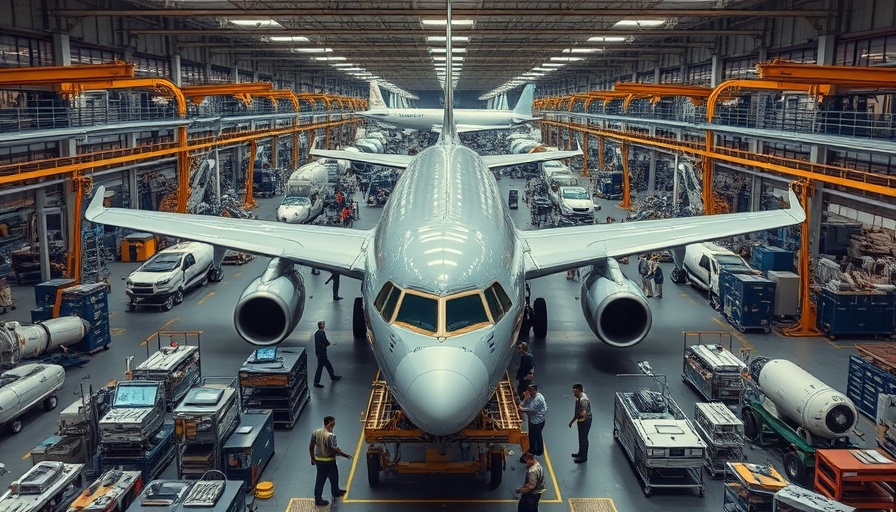
Breaking New Ground in Space Travel: A Historic All-Female Flight
For the first time since the iconic flight of Valentina Tereshkova in 1963, Blue Origin is set to launch an all-female crew into space. This historic expedition, scheduled for spring, aims to include a diverse group of successful women, featuring notable figures such as popstar Katy Perry, television presenter Gayle King, and civil rights activist Amanda Nguyen. The initiative is not just about exploration; it is a signal of progress, setting a new precedent in a field that has been largely dominated by men.
The Allure of Celebrity: Motivating Women to Reach for the Stars
Blue Origin’s promotional material emphasizes an aspirational narrative, claiming that this flight aims to inspire future generations of women to pursue their dreams. Katy Perry, commenting on the journey, conveyed her hope that her experience would encourage her daughter and others to aim high, both literally and figuratively. However, the question arises: how does this high-profile flight resonate with the everyday woman?
The Hidden Costs of Exceptionalism: Insights from Astronaut Memoirs
Despite the glamorous portrayal of female astronauts, the memoirs of women who have traveled to space reveal a more nuanced reality. My Ph.D. research focuses on these memoirs, highlighting that while they share tales of groundbreaking achievements, the detailing of their journeys often showcases a struggle against systemic barriers. For instance, astronaut Catherine Coleman reflects on how she often felt obligated to wear a spacesuit designed for men, stating, "If the suit didn't fit, I would simply wear it anyway—and wear it well." This admission points to an essential truth: many women seeking success in traditionally male-dominated fields must navigate a landscape filled with challenges that are seldom visible to the public eye.
Feeling Alienated: The Burden of Being an 'Exceptional' Woman
While the narratives shared by figures like Coleman and Mae Jemison—the first African American woman in space—are inspiring, they also carry a sense of alienation. Coleman’s memoir indicates that she has always felt like an exception within a larger narrative, stating, "Space felt like home to me," expressing a deep-seated sense of belonging. This evokes the bittersweet nature of such accomplishments: they are remarkable, yet they come with a heavy burden of isolation and high expectations. These stories illustrate the complex reality that while striving for excellence, many women still encounter loneliness on their paths.
A Future of Hope and Inspiration: More Than Just a Flight
The anticipation surrounding Blue Origin's all-female flight embodies a broader movement to empower women in aerospace and beyond. As these pioneering women prepare to take their places among the stars, their stories resonate on multiple levels. It is not merely about reaching space; it represents a pivotal chapter in a long history of fighting for equality and recognition in STEM fields. Their journey serves as both a celebration and a call to action, encouraging new generations to look to the skies, reminding them that they too can strive for greatness.
As we await this groundbreaking flight, it is vital to reflect on the complexities behind such achievements. Recognizing the challenges women face can inspire support, mentorship, and initiatives that foster inclusive environments in science and technology. The potential impact of this spaceflight goes beyond exploration; it can redefine societal norms and catalyze change.
 Add Row
Add Row  Add
Add 




Write A Comment